Hanoi, MINA – The largest free trade agreement in the world, known as the Regional Comprehensive Economic Partnership (RCEP) was officially signed by 15 Asia-Pacific countries virtually on Sunday.
The fifteen countries consist of 10 ASEAN countries and five ofbASEAN partners, namely China, Japan, South Korea, Australia, and New Zealand.
“The fifteen countries that have signed the RCEP agreement cumulatively represent 29.6 (percent) of the world’s population, 30.2 percent of world GDP (gross domestic product), 27.4 percent of world trade, and 29.8 percent of FDI (foreign direct investment),” said Minister of Trade Agus Suparmanto after the signing.
Based on a study conducted last September, said Agus, within five years of being ratified, RCEP has the potential to increase Indonesia’s exports to participating countries by 8-11 percent. Investment in Indonesia also has the potential to increase by 18-22 percent.
Also Read: Saudi Arabia Wins Bid to Host World Expo 2030
“Through this RCEP, Indonesia can also enjoy the spillover effect of the FTA (Free Trade Agreement) owned by RCEP member countries and non-member countries. “Expanding Indonesia’s role through the global supply chain from this spillover effect has the potential to increase Indonesia’s exports to the world by 7.2 percent,” he said.
The Trade Minister said that Indonesia’s export data to 14 RCEP countries over the past five years had shown a positive trend of 7.35 percent.
“In 2019, the total non-oil and gas exports to the RCEP area represented 56.51 percent of Indonesia’s total exports to the world, which is valued at US$ 84.4 billion. Meanwhile, from the import point of view, RCEP represents 65.79 percent of Indonesia’s total imports from the world, which is worth US$ 102 billion,” he explained.
The Minister of Trade emphasized that the benefits of RCEP for Indonesia could be realized if Indonesia made fundamental changes, by making the program of strengthening competitiveness a permanent agenda in all sectors of the economy, both software and hardware, goods and services sectors, large entrepreneurs and MSMEs, government and private sectors.
Also Read: 148 Products from Indonesia Promoted at Sarawat Superstore Jeddah
“There is no other way to fully reap the benefits of RCEP apart from increasing competitiveness, because that is what our competing countries are doing continuously, whether they are RCEP member countries or not,” he said.
Furthermore, Agus revealed RCEP was an idea that was boldly initiated by Indonesia to maintain ASEAN centrality in entering the global supply chain more deeply.
The agreement, he added, was a long process of plenary negotiations totaling 31 rounds.
In addition, there was also an intercession negotiation at the working group leads only and the ministerial level, both in caucus and plenary formats.
Also Read: Packaging Industry Supports Halal Ecosystem
“Our hard work for 8 years resulted in an agreement as thick as 14,367 pages, which is divided into 20 chapters, 17 annexes, and 54 schedule commitments that bind 15 participating countries without requiring a single side letter,” said the Trade Minister. (L/RE1)
Mi’raj News Agency (MINA)
Also Read: Indonesia-Japan Agree on Energy Transition Cooperation






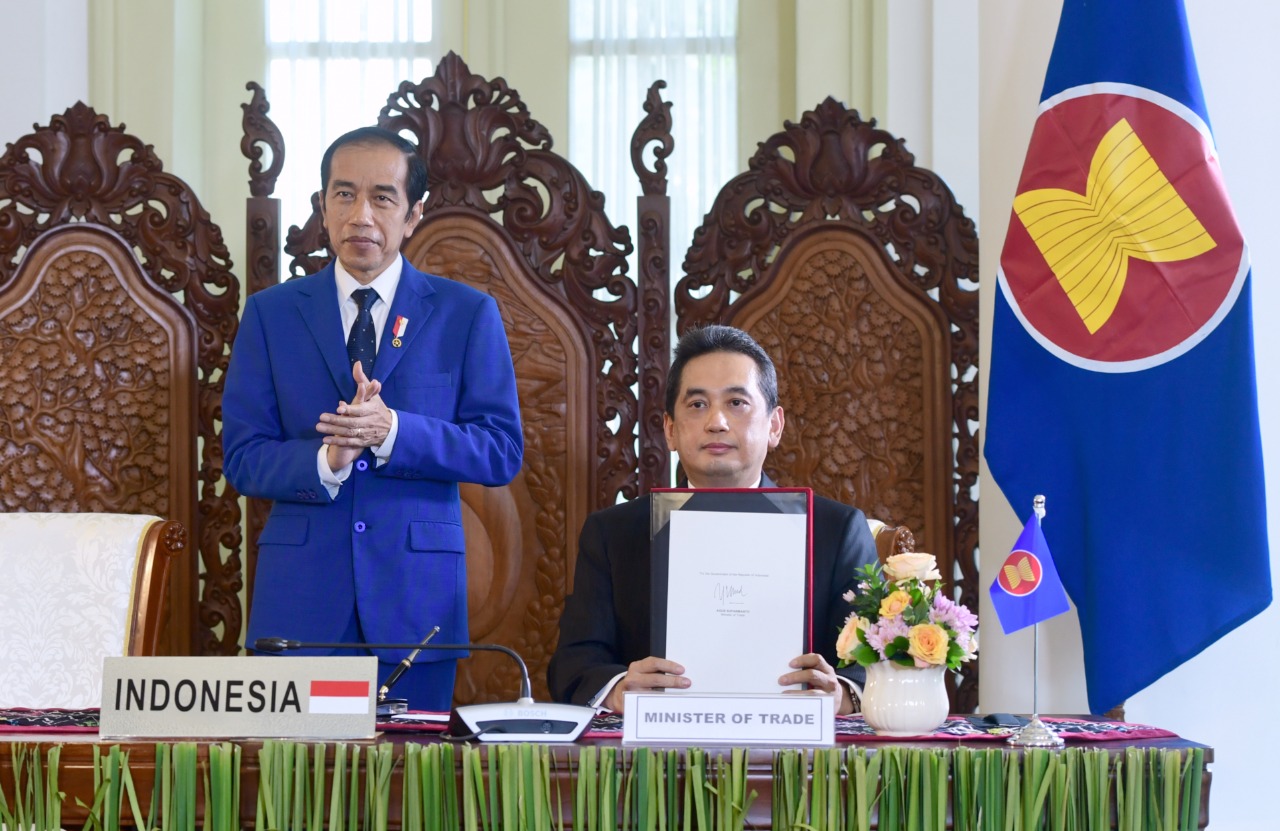


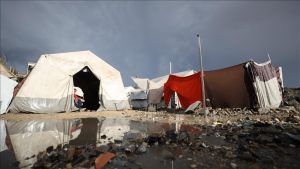
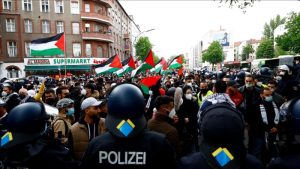
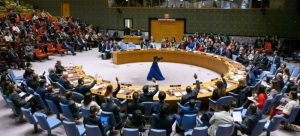
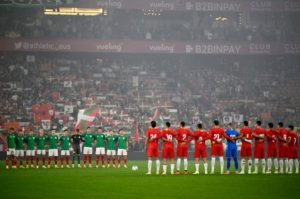
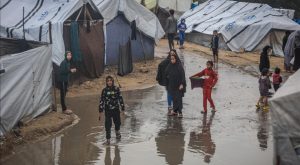

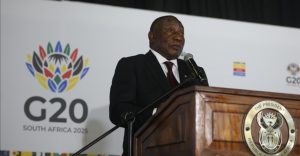

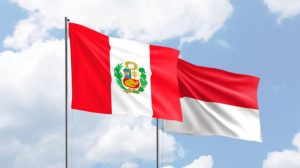
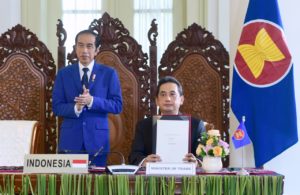
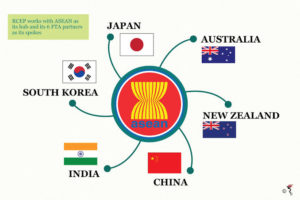
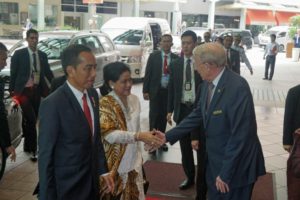













 Mina Indonesia
Mina Indonesia Mina Arabic
Mina Arabic